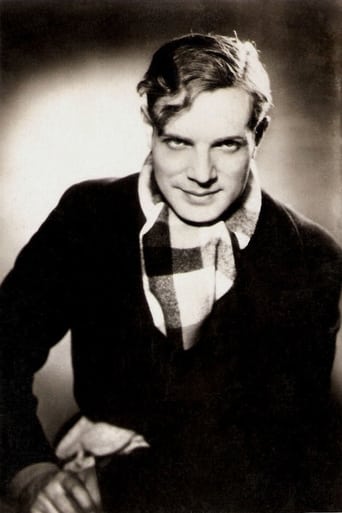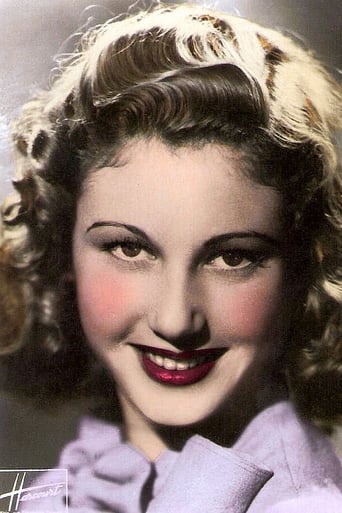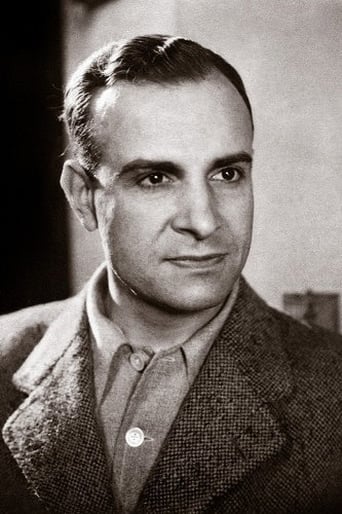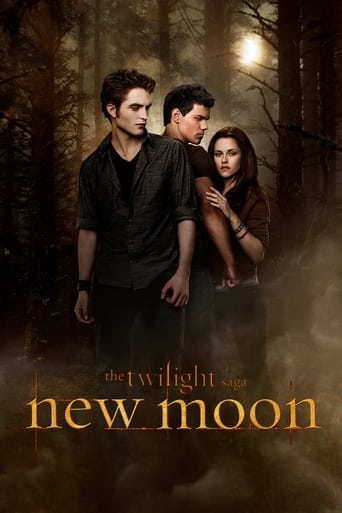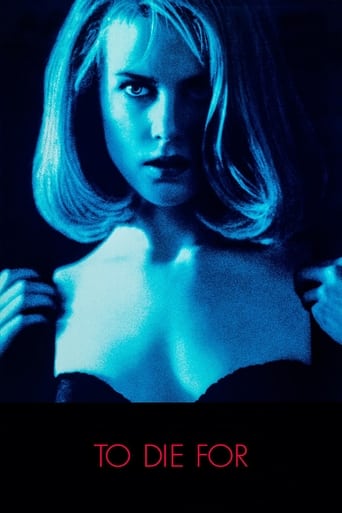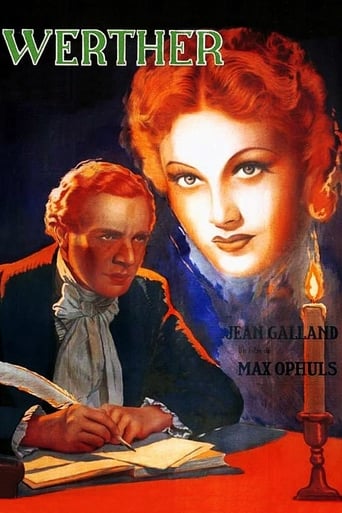
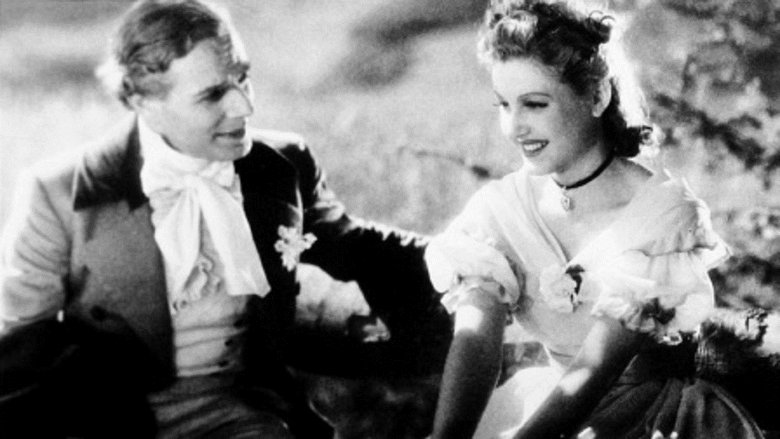
The Novel of Werther (1938)
Herr Werther, a new magistrate to the Grand Duchy of Walheim who is a violinist and poet, seems to have fate on his side as he meets and pursues a beautiful local woman, Charlotte. But as Werther sets to propose marriage, Charlotte reluctantly tells him she has been promised to another, Werther's superior, Judge Hochstätten. Werther and Charlotte decide to keep their romance from the judge and each descends into depression. Will they be able to keep their feelings a secret?
Watch Trailer
Cast
Similar titles
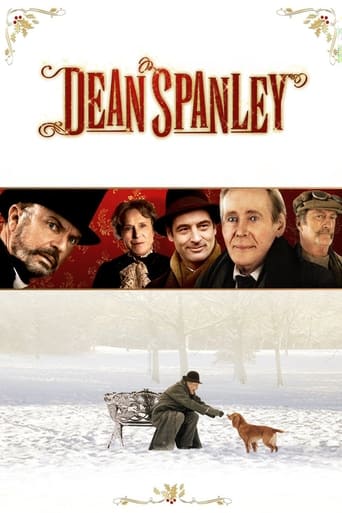
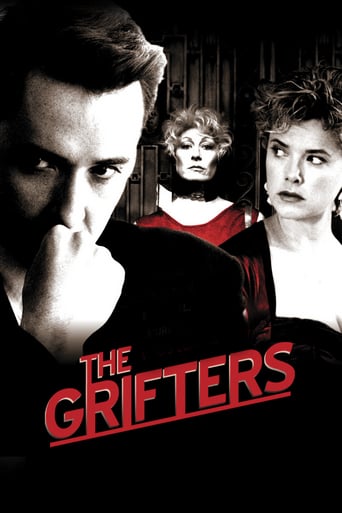


Reviews
The Worst Film Ever
I wanted to but couldn't!
This story has more twists and turns than a second-rate soap opera.
There's no way I can possibly love it entirely but I just think its ridiculously bad, but enjoyable at the same time.
Although I've heard about him for years,I've constantly run into trouble when attempting to see a work from auteur Max Ophüls,from a power cut bringing my internet down,to two DVD players refusing to play his movie! Taking part in a French Challenge on ICM,I started looking for movies to view for the event,and stumbled upon a rare Ophüls title online,which led to me crossing my fingers,and opening this Werther's original.The plot:Arriving to a new town to be a magistrate, Werther finds his life to be at a satisfactory place,where he is treated respectfully at work,and his poems and violin compositions are received with praise. From the moment he sees Charlotte, Werther finds himself falling in love for the first time. Writing a special sonnet just for Charlotte,Werther soon discovers that his own sonnet has a tragic final verse. View on the film:Filming a classic German novel in France due to the build up to WWII taking place in Germany,co-writer/(with Hans Wilhelm and Fernand Crommelynck) director Max Ophüls sows silk Melodrama with the lavish stylisation of the Wiener Filme. Tracing Charlotte's footsteps with elegant tracking shots being swept across entire rooms, Ophüls gives Werther's love for Charlotte a texture of impending Melodrama darkness,via the light Charlotte brings into Werther's life being covered with deep shadows of misery that seep into Werther.Tragically dying in 1941 at just 19 years old from typhoid, Annie Vernay gives an utterly enchanting performance as Charlotte,whose concern and care for Werther is expressed in a fragile manner that Vernay holds back from blossoming into the love that Werther desires. Reuniting with Ophüls, Pierre Richard-Willm gives a splendid performance as Werther,whose arrival in town is given a charismatic swing by Willm,which Willm's snaps into brittle isolated,as the final pages from the novel of Werther are turned.
Already here in 1938 Max Ophuls proves himself the master of romantic aestheticism in a deeply moving and fascinating rendering of one of the most classic of all novels and the most deplorable of love stories, but the fact that it couldn't have ended worse is treated with expert sense of good taste. Although everybody knows the story and how it must end in suicide, Ophuls still makes it come as a surprise, and it is marvelously illustrated without showing it. Also the actors make a splendid job of the performances and couldn't have been better, although none of them is known or remembered today. You can well imagine Danielle Darrieux and Gerard Philippe in the same roles not doing any better (or worse). Also the music is excellently suited and not allowed to dominate too much - the use of the church bells and their melody quite triggers the story. Max Ophuls has simply succeeded in translating a novel of letters into a qualified drama without making it theatrical - it is perfectly organic all the way and runs with smooth efficiency, constantly accelerating the tension and the drama from ideal idylls in the beginning to gradually growing into dead serious business. It was a delight to see Goethe so successfully adapted for the screen - I would believe him to have been the most difficult of authors to undergo that treatment with any success. Especially fascinating is the cinematic technique and innovative tricks that Ophuls uses to add life and interest to his film. It is throughout very atmospherical, the moods of the novel are faithfully transported to the screen, and above all the film is marked by Ophuils' famous obsession with details, which no one could use to enhance the quality of a film better than he. The greatest joy of seeing this film was actually to be able to recognize all the familiar tricks and styles of this one of the greatest of all cinema masters as early as 1938. It has been pointed out, that it's a French film made on a German novel in the year before the apocalypse of Germany and the second world war. He had made many films in Germany previously but henceforward moved to France - and the war and its circumstances caused him a time out for seven years - to then return i full bloom with all his major masterworks.
For many non-scholars this is probably one of the earliest Ophuls movies they will have encountered; he had made some sixteen films in Germany, France and Italy but tends to appear as a blip on the average viewer's radar with the 1939/40 Mayerling with Edwige Feuillere then appear permanently with Letter From An Unknown Woman in 1948 and everything that followed both in America and France. This is his take on Goethe and I resisted the temptation to summarize it as Getting Goethe's Garter. Even today it's not obligatory to adapt a novel faithfully and in 1938 there was an even more cavalier approach so that Ophuls thinks nothing of advancing the time-frame of the original and shifting the focus of attention from Werther to Charlotte though neither diminish the original unless, of course, you're a purist. We don't get too much of the celebrated 'circular' camera movements that tend to define Ophuls but he does indulge in dissolves, super-impositions and tracking shots and forges consistent links between Music and Visuals, inded Charlotte's love of and reaction to Music seems to take precedence over Werther's heartbreak but again in the context of the kind of film Ophuls has made this works. On a basic level the plot is menage a trois-lite; Werther arrives in a new town to take up a post in local government though his personality -carefree, poetic - is at odds with his career path. He bonds with his immediate supervisor, Albert, despite their contrasting personalities and when Albert leaves town on business Werther meets and falls in love with Charlotte who is engaged to Albert, a detail she omits to mention as she reciprocates Werther's feelings. With Werther in mid-proposal she finally confesses, feeling bound by honour more than love. She marries Albert, Werther turns to drink and whores and it all ends in tears. Not exactly Citizen Kane but Ophuls brings his artistry to bear and extracts a magical performance out of seventeen year old Annie Vernay (who was to die tragically three years later after contracting typhoid) who is saddled with that most thankless of roles the 'decent' person who adheres to a moral code even if it means sacrificing happiness. Like the man said this is definitely worth a look.
This was Ophuls rendering on film of Goethe's classic. Although not the best of his work, the acting is quite good. The most remarkable aspects are the cinematography and the direction. There is a with very interesting use of lighting, with pools of light drawing attention to specific parts of the set and characters, more typical of theater than 30's cinema. But the direction uses others devices to avoid the "stagy" look, like the interposition of objects between the camera and the action to create depth, sometimes using deep focus. But that was shortly before Citizen Kane...
